Artist portrait by Mark Daybell
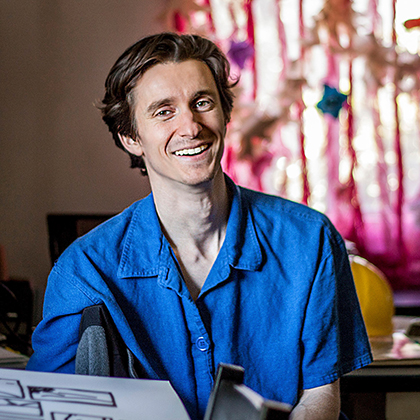
Artist portrait by Mark Daybell
C.W. MOss
Los Angeles based artist/designer/author
Interview by Mark Daybell
MARK DAYBELL: I’m with C.W. Moss on May 20, 2019, in his Los Angeles studio. C. W., what initially attracted you to become a graphic designer?
C.W. MOSS: I think I was tricked into it. As a kid, I liked drawing and my family put out a Christmas card every year and I, from the time I was three years on, I drew the cover. Every one of my family’s friends would get it and when they’d see me they’d go, “You’re just … We love the cover this …” I’m a four-year-old, you know what I mean? You always hear about those moments where people go, “I wanted that feeling.” I loved that feeling of people just going like, “This thing you’re making, we know about it and it is exciting.”
DAYBELL: Did you receive formal arts and design education?
MOSS: I did. When I was growing up I took art classes sometimes at the local art museum but it’s pretty small, it’s more like a gallery. I would take maybe one class there every summer and then I had classes all through elementary and then I went to undergraduate at Otis College of Art and Design.
DAYBELL: Do you have projects outside of your professional design practice?
MOSS: Oh, yeah, yeah, I’d say those are the things that keep me interested in my professional practice because that’s really the place I tend to get challenged the most. My clients so far have wanted fairly straightforward things, a logo, a website, a pamphlet, a flyer and they’re selling to regular, middle America customers and they’re not looking for anything exploratory or wild. So, for me, doing things outside are the only things that keep me feeling excited.
DAYBELL: So, in your mind, what distinguishes these projects?
MOSS: Well, most are for me which, in my mind, is the opposite of what graphic design is traditionally for. I think that’s the tough part of education because you’re often educated to please yourself. But when you’re in the outside world, for the most part, you’re only pleasing others. Not that you can’t enjoy the work you do but I do design work all the time and I end the project and I go, “I will never show that to everyone, it’s not for me and not interesting.”
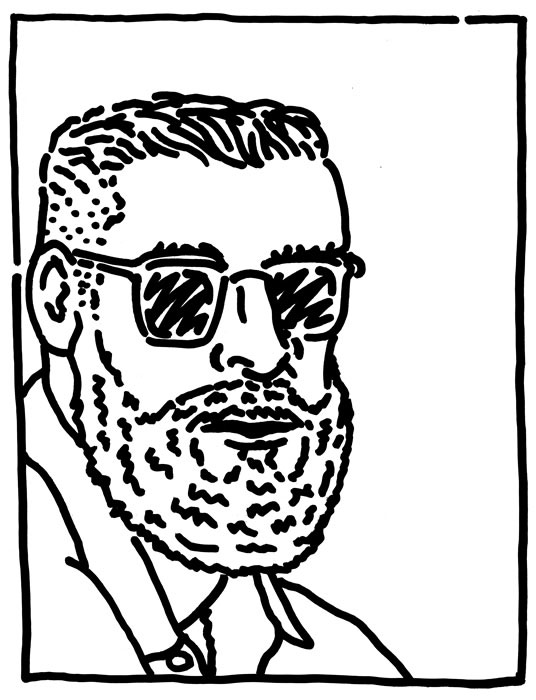
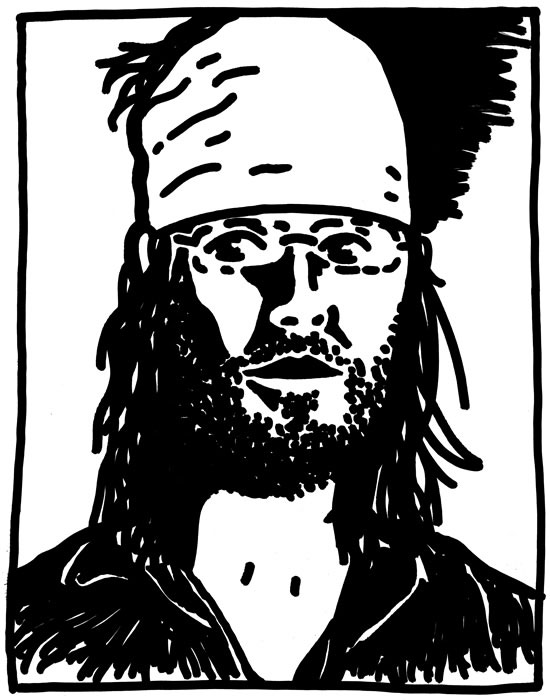
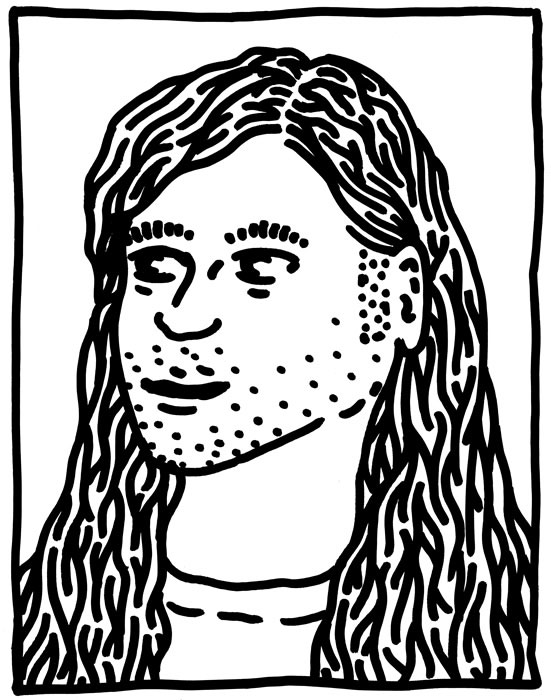
People ©2016
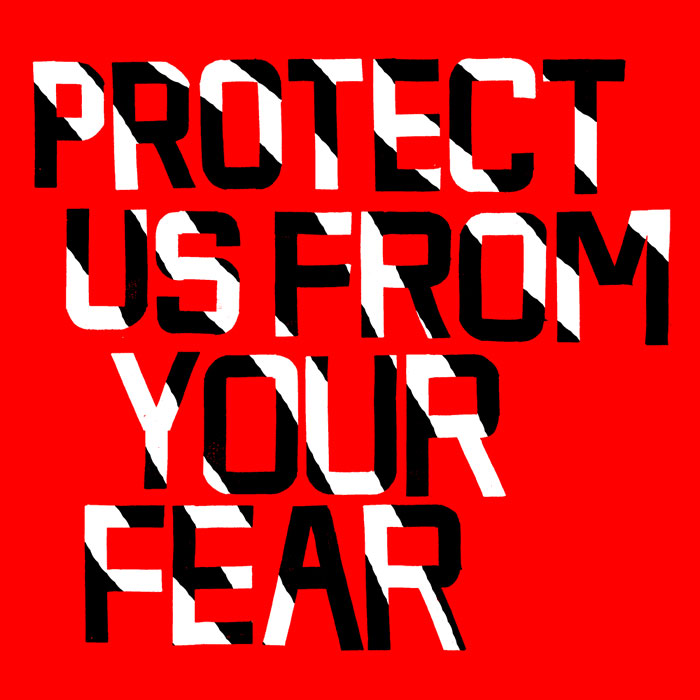
Civic Duty ©2016
DAYBELL: What does your practice of creativity involve? Can you talk about some specifics?
MOSS: This is one of the things I struggle with whenever I introduce people to my work. I’ve done many performance art pieces where it’s just me as a person and then I’ve done a lot of pieces where I make books and then I’ve done a lot of things where I make drawings. It’s different for each of them.
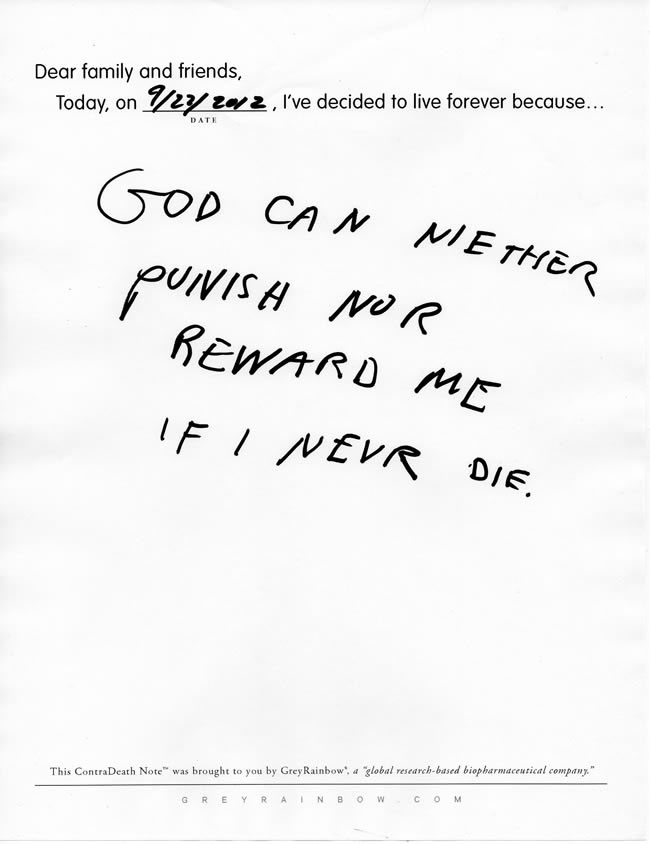
ContraDeath ©2012-2015
“Almost all of my projects start whenever I feel like I’m struggling to articulate why I hold a diffrent view than what I think most people hold.”
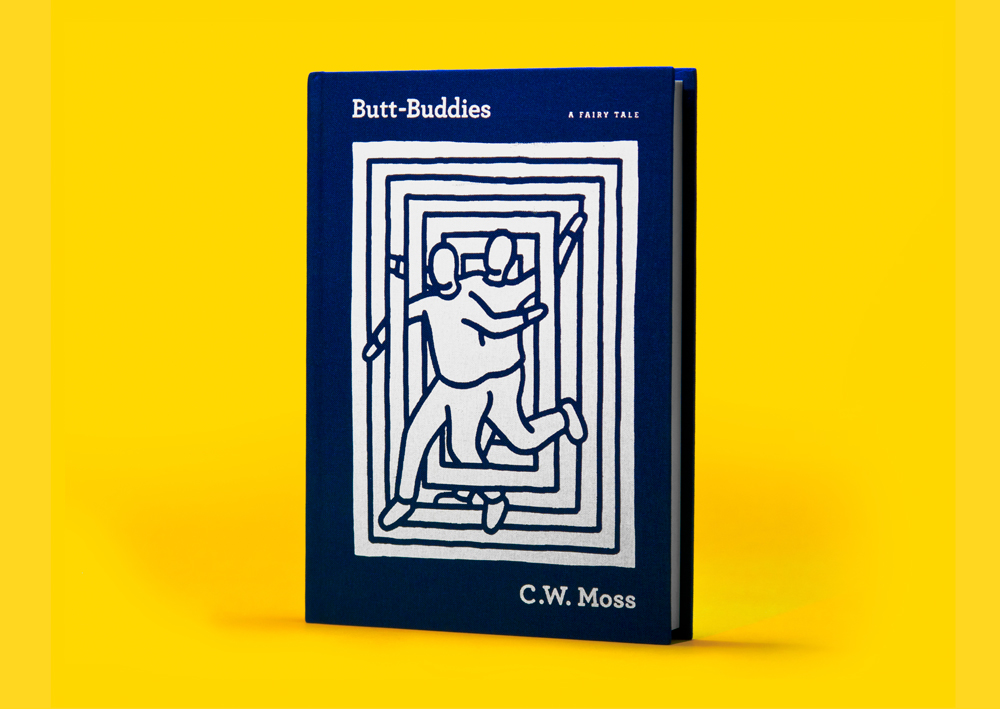
Butt-Buddies: A Fairy Tale ©2017
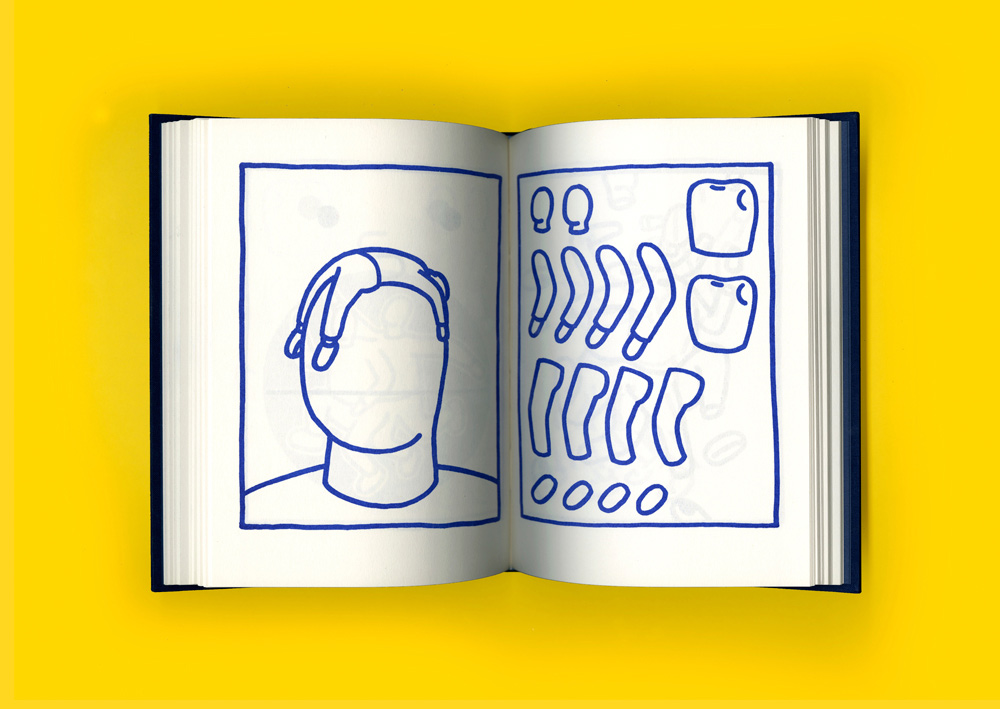
Butt-Buddies: A Fairy Tale ©2017
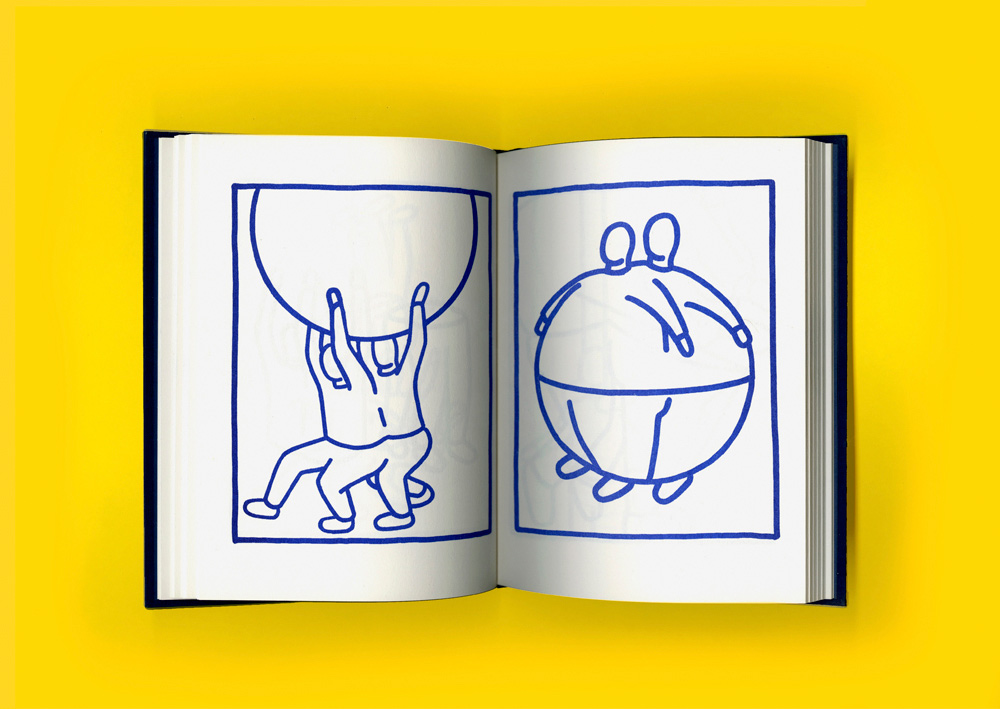
Butt-Buddies: A Fairy Tale ©2017
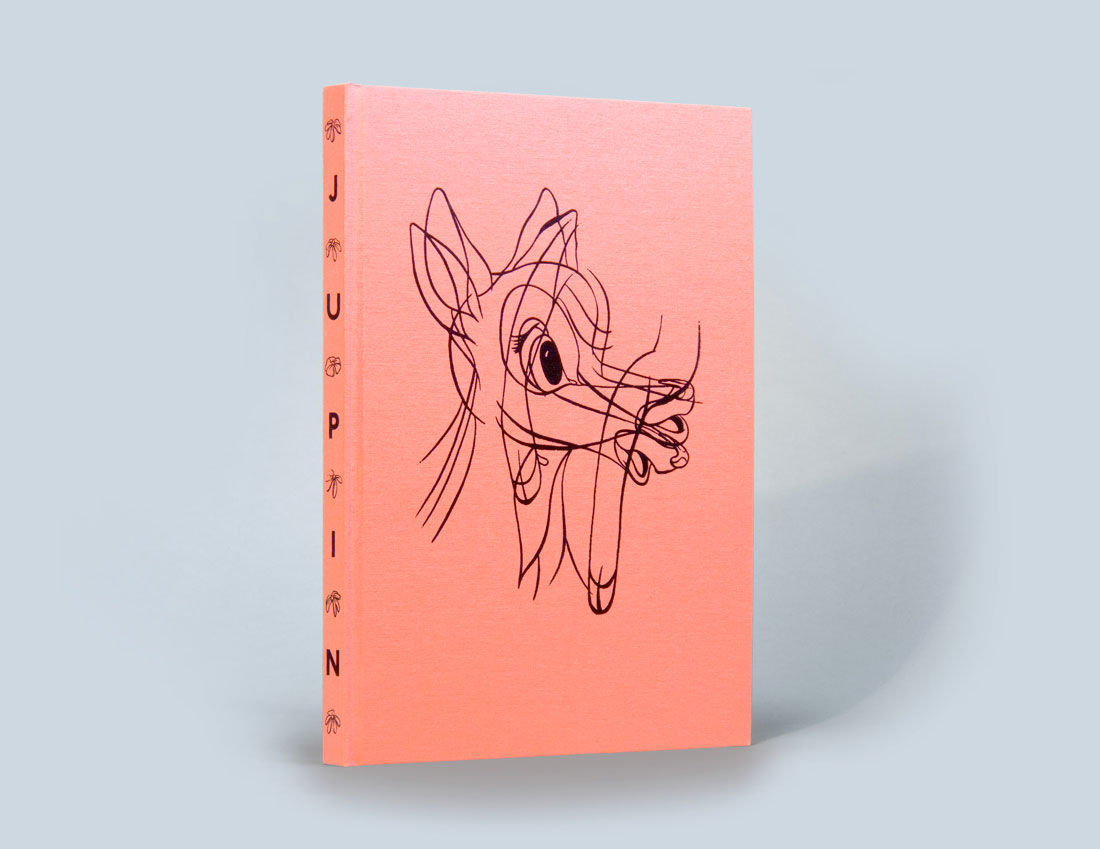
Book design for: Aaron Elvis Jupin’s ‘Double Check You’re Alone’ 2016
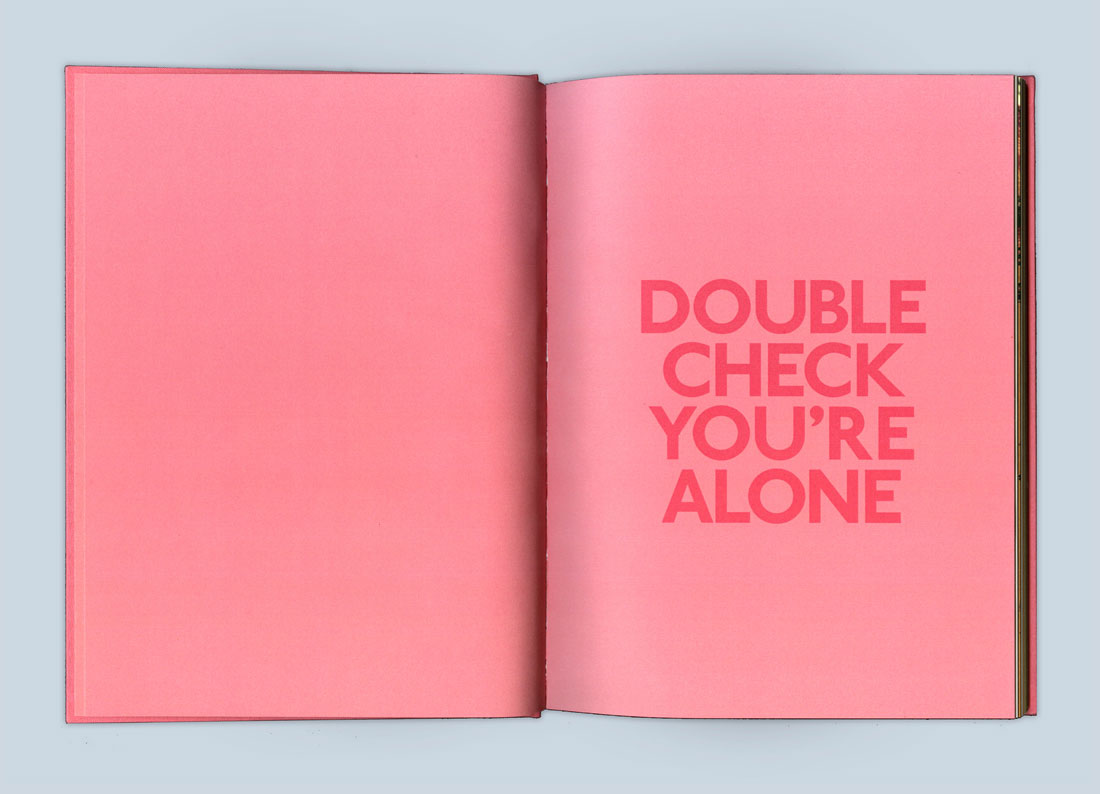
Book design for: Aaron Elvis Jupin’s ‘Double Check You’re Alone’ 2016
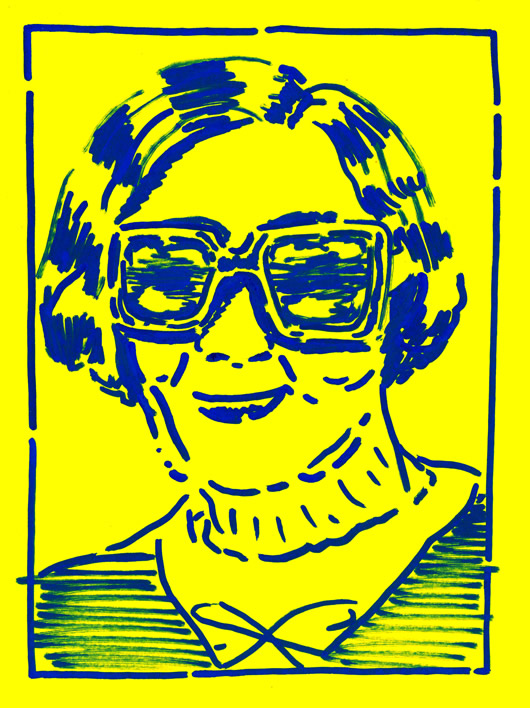
Esther ©2016
DAYBELL: Can you tell me about one of those processes? Do you start with research? Or maybe you start with opportunity, maybe you start with an idea, or a philosophy, like, “I want to make a difference or have impact.”
MOSS: Almost all of my projects start whenever I feel like I’m struggling to articulate why I hold a different view than what I think most people hold. An example of that, when I was in college and I wrote Unicorn Being a Jerk, I wrote that book because I thought I saw a lot of people around me who were assholes and I thought, “If I think they’re assholes, do they think I’m an asshole?”
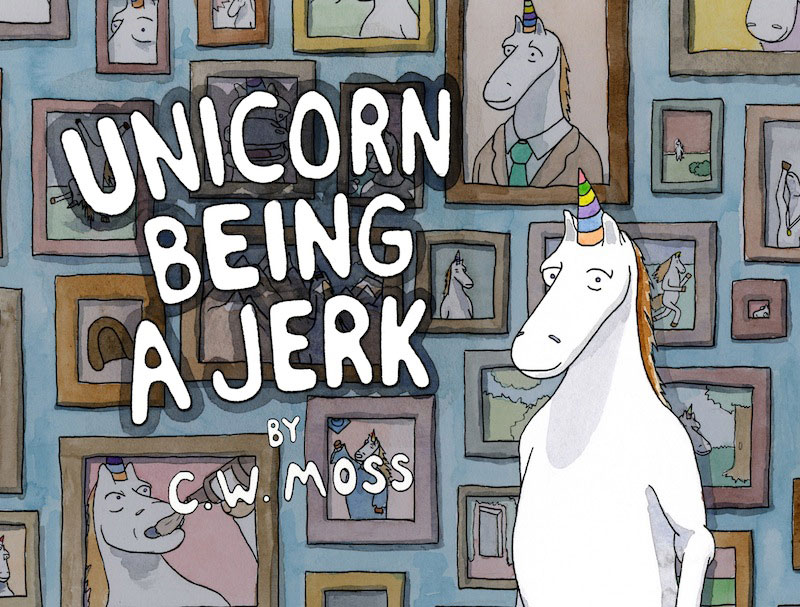
Unicorn Being a Jerk ©2011
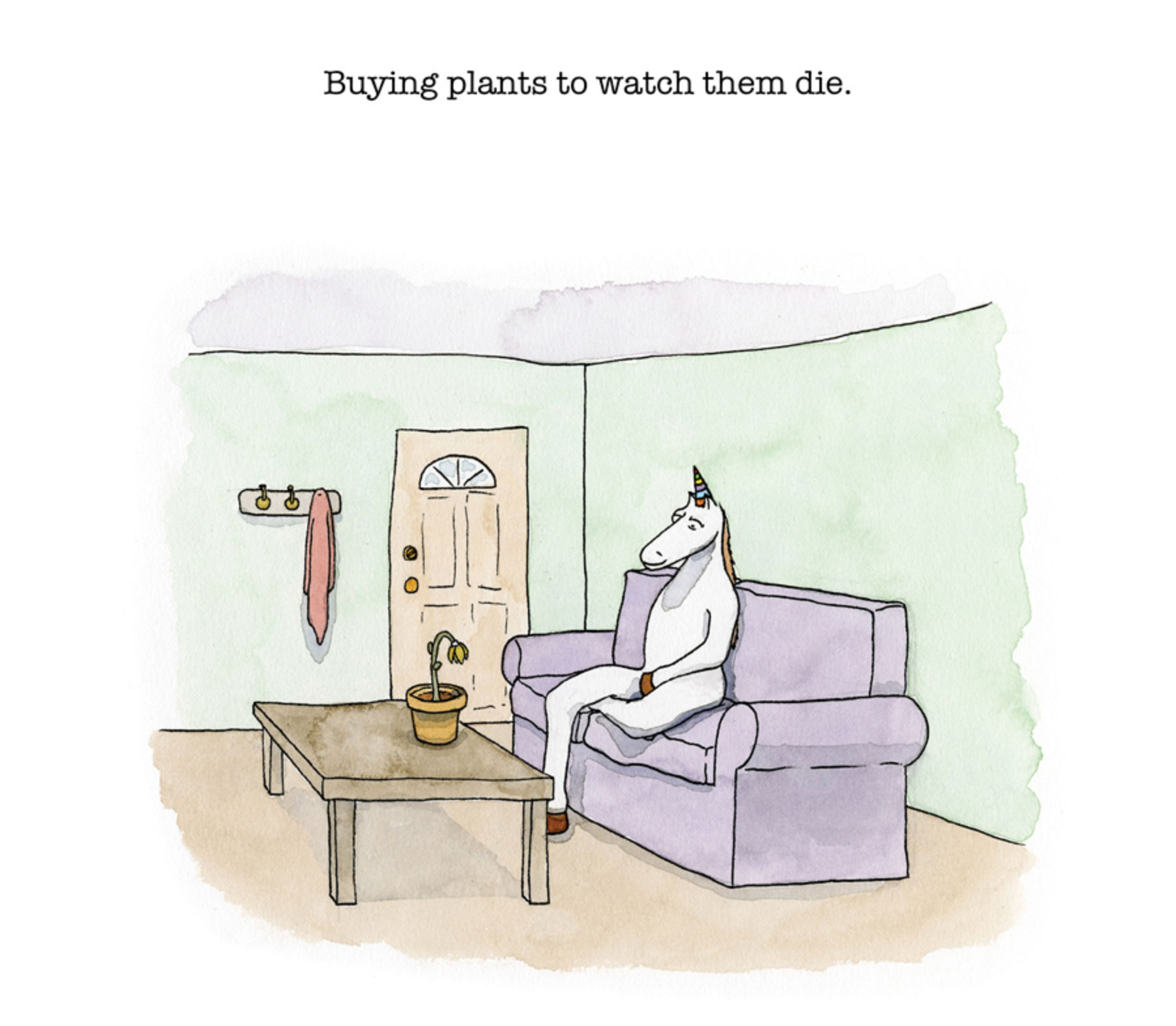
Unicorn Being a Jerk ©2011
DAYBELL: Do you consider your acceptance or rejection of a project part of your creative process?
MOSS: I think it starts out an economic choice and then slowly but surely as you build out your portfolio, I try to move into places I haven’t explored. So, if there’s a type of work I want to do but typically not offered that opportunity because I haven’t done that work, I’m more likely to take that work at a reduced cost or if they give me more freedom then you reduce the costs. It just depends on … I mean, honestly it depends on the job and it depends on the client.
“I’m not only a graphic designer, but a also my manager and my secretary. I have to interact with people and make them enjoy every interaction with me, otherwise, why would they come to me? There are a million other people who can do maybe not exactly what I can do but who can do variations of it.”
DAYBELL: Do you think that’s a creative decision or do you think that’s something different?
MOSS: Practical. Otherwise I would just go insane. I know if I don’t have an hour every day to work out, I will just lose it. I don’t function well, I don’t think well, my brain is not happy, I am not happy, food is less enjoyable, all of the above. Somewhere in the decision is me trying to remain happy enough to where I can do the work and people enjoy working with me. I’m not only a graphic designer but I’m also my manager and my secretary and I have to interact with people and make them enjoy every interaction with me otherwise, why would they come to me? There are a million other people who can do maybe not exactly what I can do but who can do variations of it. So, unless you’re doing something hyper-specific, unless you have a penultimate skillset of what they’re trying to do, you have to make sure that not only are you finding ways to enjoy it and stay sane but also, they are too.
Nicky Blitz Blast Off (Official Music Video)
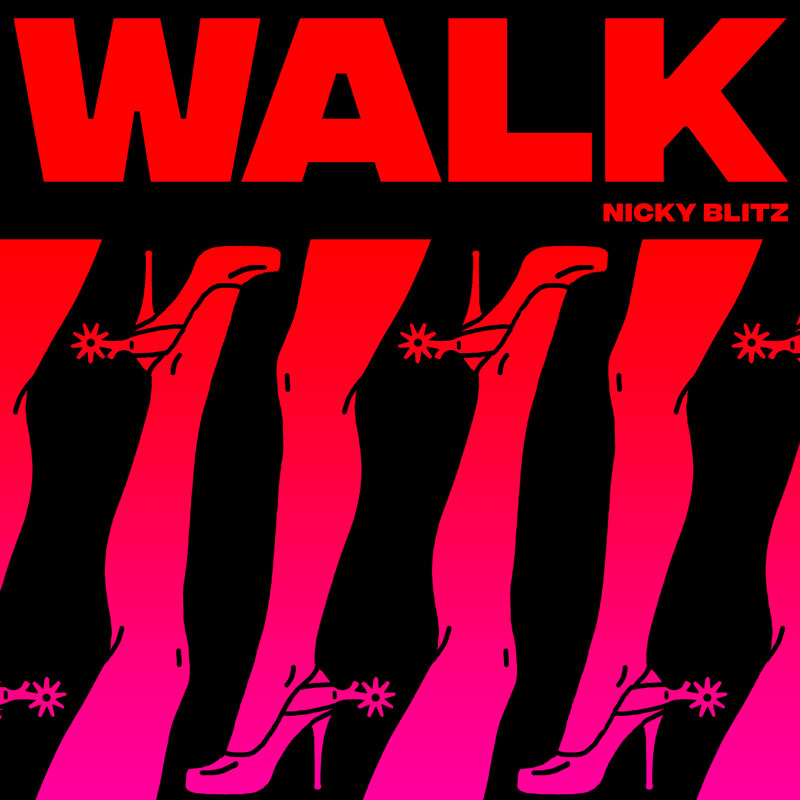

Nicky Blitz – Video Direction and Packaging ©2017
DAYBELL: Would you categorize your process as organic or structured? Formal or informal?
MOSS: I think part is structured but all of the things that are interesting to me start informally, start as the opposite of structured. It’s again, I had a great conversation with someone that I didn’t expect to meet with someone who I didn’t expect to say something and they did. Your world view expands and you go, “Oh.” My world view expands and that’s how it starts.
DAYBELL: How do you record your ideas for projects?
MOSS: They start on a piece of 8.5×11 sheet of paper folded in half and then in half again, they sit in my back-left pocket. I write on them until they are full. I make a stack of them and then probably once every few months I take all of those together, I sit down somewhere, I get really caffeinated and I write all the ideas down into a bound physical notebook. If they’re good I expand the idea and I write more into it and then some of them become things and some don’t.
DAYBELL: How do you recognize a good idea?
MOSS: For myself, often I try to leave it alone. If I can’t stop thinking about it, I have to do it. I have ideas sometimes years ago and if I think of it again I go, “Oh, it’s a good idea.” Sometimes I’ll find patterns in my books, I’ve written down the same idea three times I found this recently and I was like, ‘Fine I’ll do it.” I literally didn’t remember that I had written it down, that I had the idea previously and then I find it again and it’s like … I mean, what else do I have to do? There’s only one way to make this go away.
DAYBELL: What is the role of chance in your creative practice?
MOSS: Well, you want to be open to it because often some of the funniest things that happen are the most exciting or the ones where you don’t control them but as a designer it’s hard, it’s almost like structured chance.
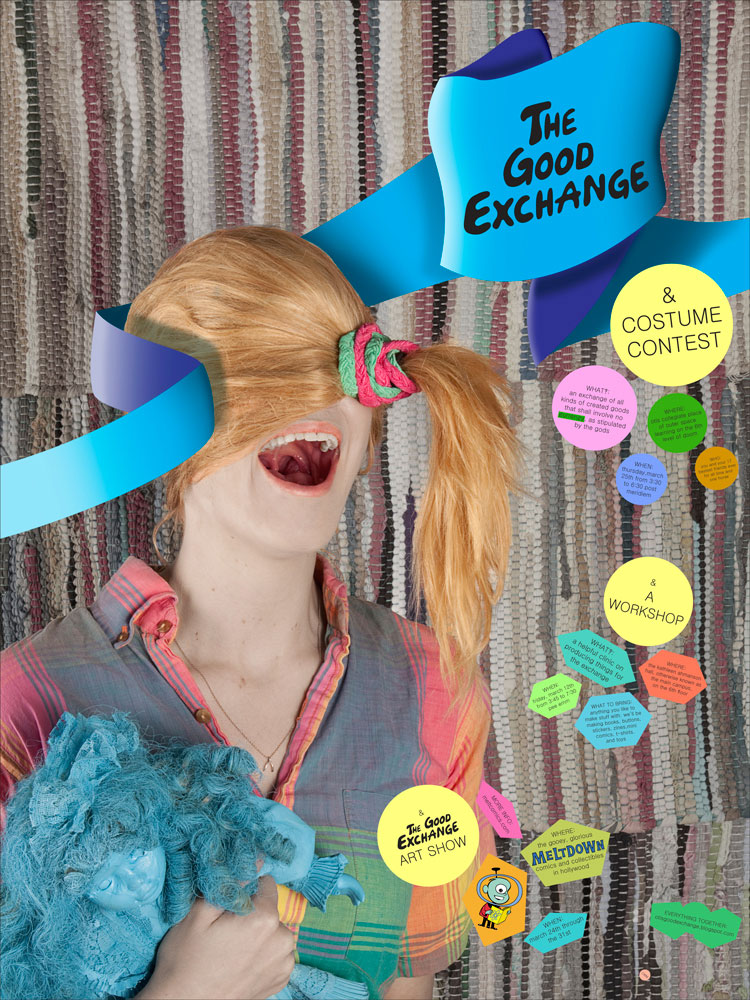
The Good Exchange ©2009
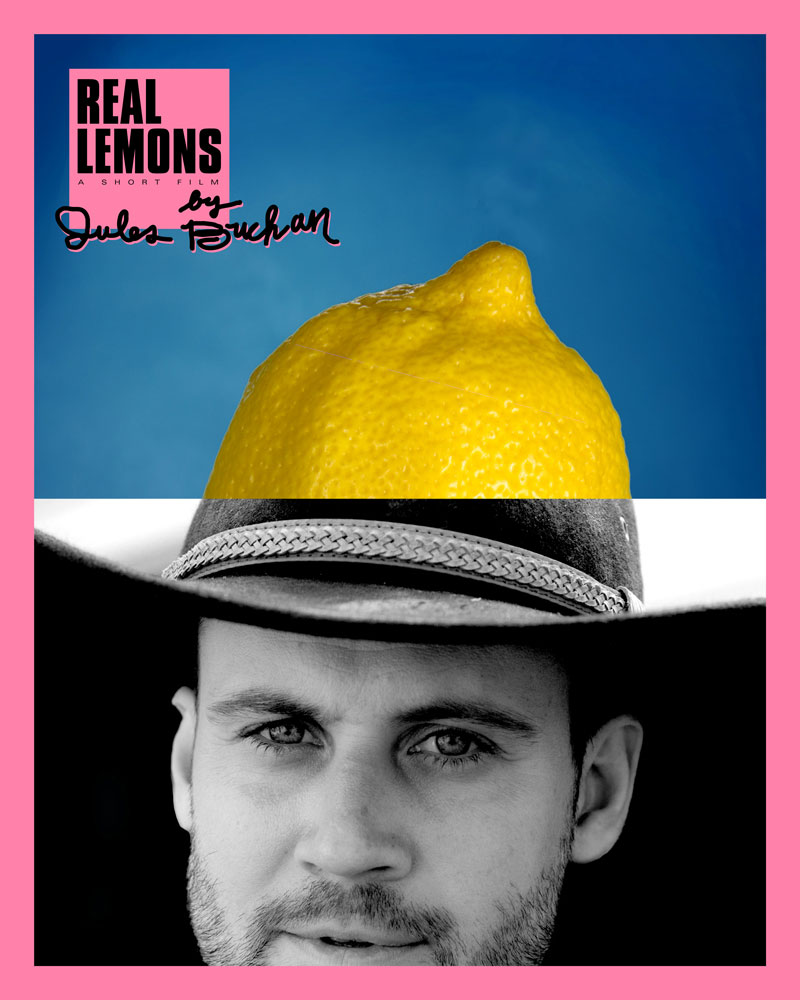
Real Lemons ©2017
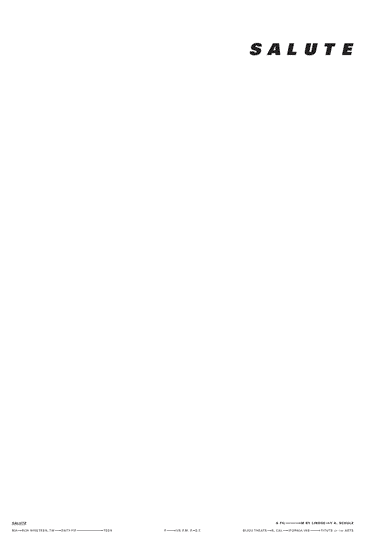
Salute ©2015
“Whenever people ask me, ‘how do you make a book?’ I always tell them, the first thing you need to do is make sure your book looks good in black and white because you can produce it for like $1.36 a book and put that thing out in the world.”
DAYBELL: How does risk factor into your practice?
MOSS: I try to keep things as simple as possible and with that that’s me trying to abate risk, trying to keep it as far away as possible. Whenever people ask me how do you make a book? I always tell them well, the first thing you should do is make sure your book looks good in black and white because you can produce it for like $1.36 a book and put that thing out in the world. I mean, yeah you put a few hundred dollars in it and you make a few copies and if those don’t sell, you’re down a few hundred dollars not $10,000 because you printed in full color and you printed out of country and you had to fly to the place to make sure it was printed properly or something. Anything you can do to simplify, I at least try early on in my projects to keep it that way.
DAYBELL: Do you need to be in your studio to access creative ideas or solutions?
MOSS: Boy, no, this is the worst place for me. All of the good things happened to me when I am around other people. It makes me a little stir crazy and then also I’m alone, I share a studio with no one. I have roommates upstairs but this is where madness happens. I have spent full months and months and months pretty much down here for 14, 16 hour days by myself and that does not make for very … It makes me a dull boy.
DAYBELL: Do you ever hit a creative wall and how do you break through it?
MOSS: Anything I can do to dull my brain helps. I think, similar to anybody who’s a designer or artist I’m just critical with myself inside my own tiny little kingdom. You got to get out of stuff like that. I work out a lot and I go for walks and talking to people and reading helps. Or, I find someone interesting and do a full deep dive on everything they’ve ever done in interviews or talked about or written. I just did Zadie Smith, right now I’m doing Werner Herzog, they’re just people who I go like, “I find you really fascinating.”
DAYBELL: When you say you’re looking at somebody, let’s say Werner Herzog, are you looking at their work? Do you look at their biography? Do you look at both? Are both equal to you in terms of what you need to get out of the process?
MOSS: I guess I feel like sometimes the work is less interesting than the person which is cruel. I’ve done so many different things that I know a little bit about how the sausage is made. So, sometimes … I mean, more than anything, what I’ve come to realize is I really just like interviews. I like to hear them talk and typically, if I like to hear them talk I like their finished products even more. It was kind of a big deal maybe eight or nine years ago but Zadie Smith teaches a class at Columbia and her readings came out, someone leaked her syllabus and I flipped because I thought, “What an interesting entryway into how she thinks and what she thinks is important.” And the same with Werner Herzog, I guess more than anything what I like about him is his bloodhound nose. It’s not that I don’t think his films are interesting or great or make me think in new ways but I almost go, “What interest’s Werner is maybe the thing that makes me most interested in him.” None of his things are the same, every single film seems to happen in a different way, come from a different place and that to me is …
DAYBELL: Intriguing?
MOSS: Oh, yeah. Oh my God, it’s like a fire. I was listening to interviews with him all day yesterday and I literally sat there and I was like, “I need to stop playing chess, I need to be way more productive. What am I doing?” It was one of those things where you hear someone else and their passion ignites your passion and he has it.
DAYBELL: How do you know when a project is finished?
MOSS: Deadline, I don’t think anything’s ever done. I mean, if I could go back I would change a million parts of every project I’ve ever made. But I think it’s healthy to stop, that’s actually my big concern right now with the Heaven is a Body thing, I stopped doing it for a while to finish the next unicorn book. Whatever I was doing before I really loved but I think if I did it again now it would feel disingenuous. There’s something about the rhythm that’s really important to me, waking up and doing it every day, having a streak and … I don’t know, I did drawings recently and it felt good again but we’ll see, I know I need to expand the language, I know it needs to become something else for me to still be interested. So, I hope.
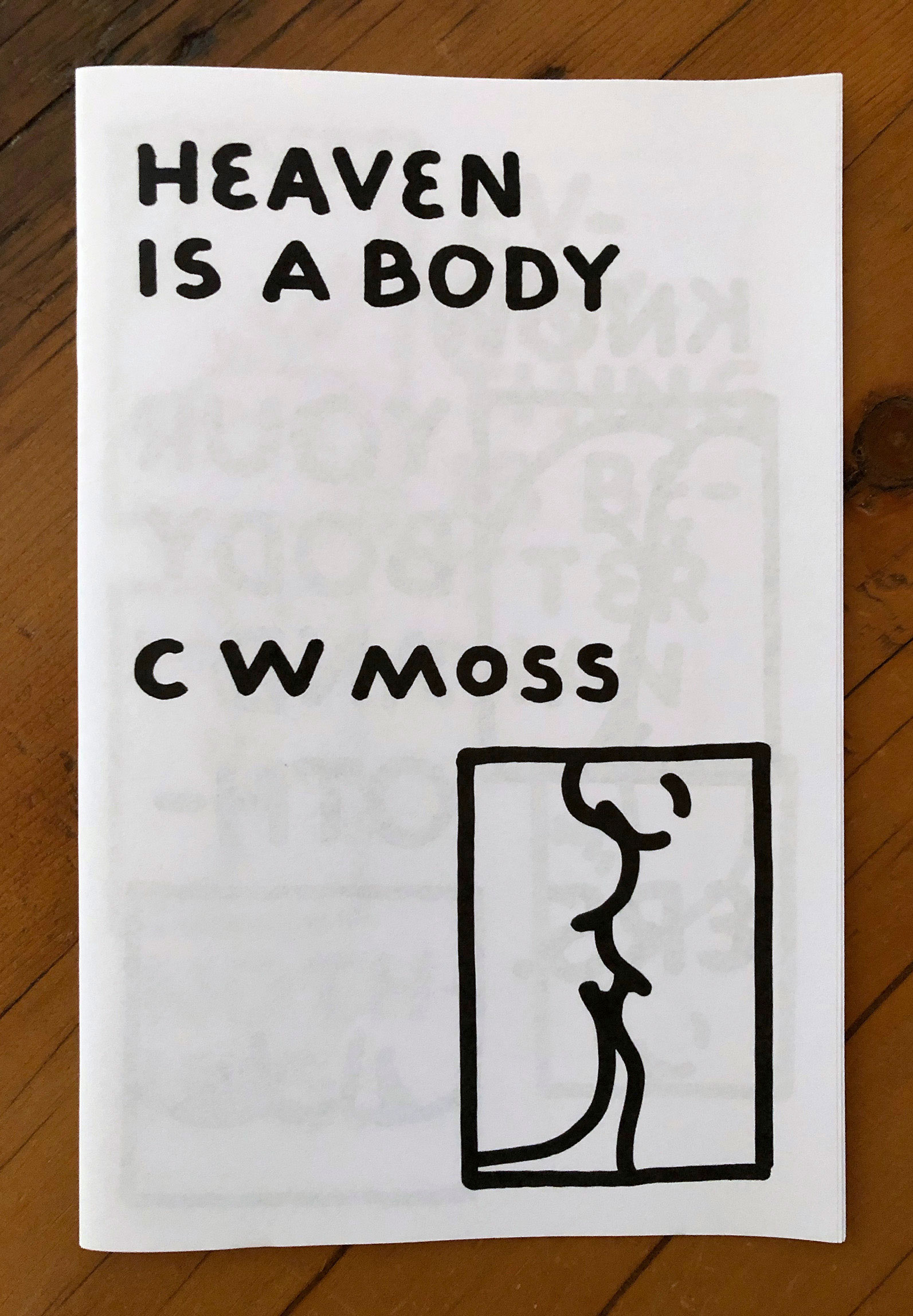
Heaven is a Body (unreleased)
DAYBELL: What sort of things feed or sustain your creativity?
MOSS: Being able to have meals with people I love, being challenged periodically, going somewhere and doing something that I haven’t before.
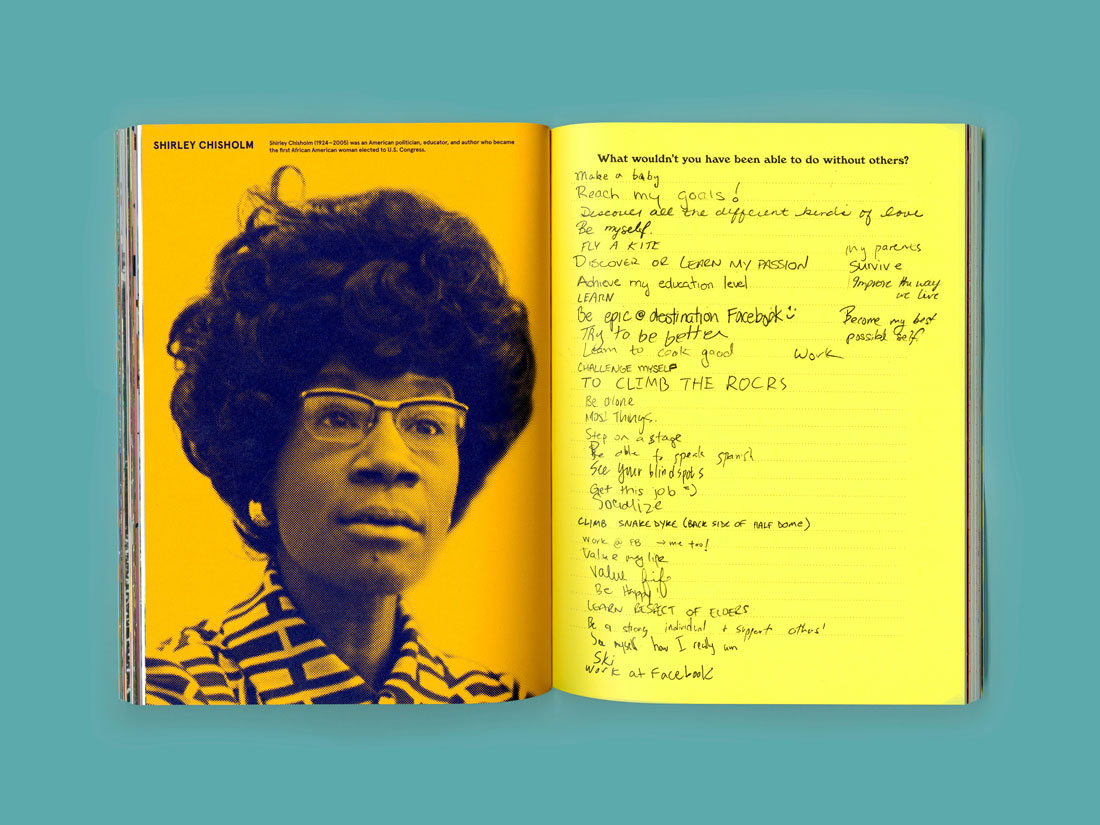
The Support Report ©2017
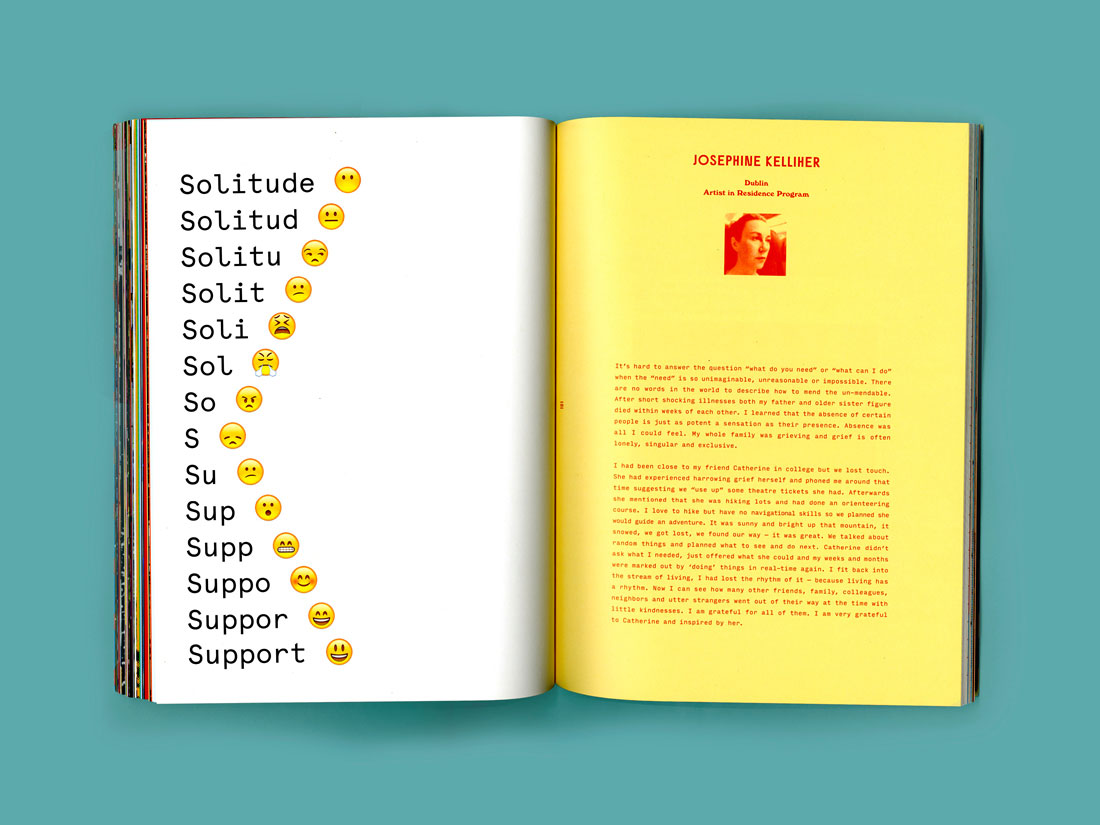
The Support Report ©2017
DAYBELL: Are you satisfied creatively?
MOSS: I think part of making things is being a little unsatisfied with everything. I make something and I go, “I can do better.” So, yeah, typically I feel like I’m unsatisfied which I wish I wasn’t.
DAYBELL: Do you design every day?
MOSS: It depends on what we consider design. I write every day no matter what and a lot of that writing feeds into what becomes design but do I sit down at a computer every day? No. Do I draw every day? No. I think it’s really important to give yourself time off from things, I feel like I ended up in so many different realms, simply because I get bored. In that boredom I leave things alone and when I return to them, more often than not, I’ve stream-lined them or find a more interesting way to do it. For example, I feel like I’m better at doing these drawings and I haven’t done them for six months.
DAYBELL: What advice would you give emerging designers?
MOSS: Try to get around someone that you love who does work who you find interesting. I think if you have to ask someone to be your mentor, it’s a bad deal but if you ask inquisitive questions that are not a ton of work, you’ll start to learn little things of people who want to share. And if they want to share then maybe they’re the right person to be around. I was listening to Werner Herzog and I kind of feel like in my brain I’m his intern right now and I’m literally bringing him coffee when he needs it and just listening to everything that he says. I think that that’s a good piece of advice, you don’t have to have internships to learn from people. It’s not hard to just ask, “Hey, I’m sort of in this pickle. What would you do?”
Other than that, as early and as quickly as you can, find the things you love. I always tell people copy your heroes because, in the end, the work that you do typically becomes its own thing. Even if on the first try, it’s exactly like their work and you’re just … It’s a blatant rip-off, sooner or later it becomes your own thing. You can’t do someone else’s work. As much as I would have loved to have made a Chris Ware book, I can’t do the work he does, that dutiful, clean, regimented thing. My brain doesn’t want that. Ultimately, I think I’m always trying to find somebody who makes me want to feel like a student again.
More of C.W. Moss’s work can be viewed at: greyrainbow.com
Article edit by Mark Daybell

THE PRACTICE OF CREATIVITY
©2015-2020 All rights reserved
